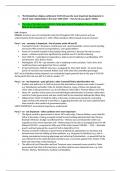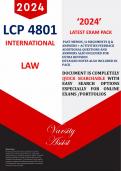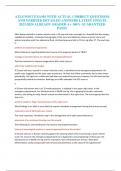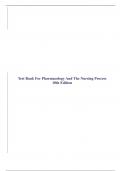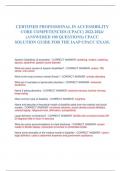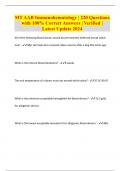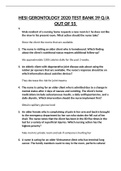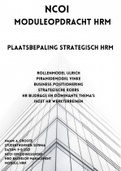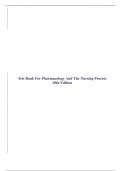Other
A/A* Student's Essay Plans for Central Government (A-Level History, Pearson Edexcel, Unit 31 'Rebellion and Disorder under the Tudors ')
- Institution
- PEARSON (PEARSON)
This document provides essay plans for 3 past Central Government exam questions, complete with a line of argument, numerous factors, criteria, and detailed evidence. If you need any help getting to grips with what to include in an A-Level 20 marker exam question, or how to answer a Central Governme...
[Show more]
